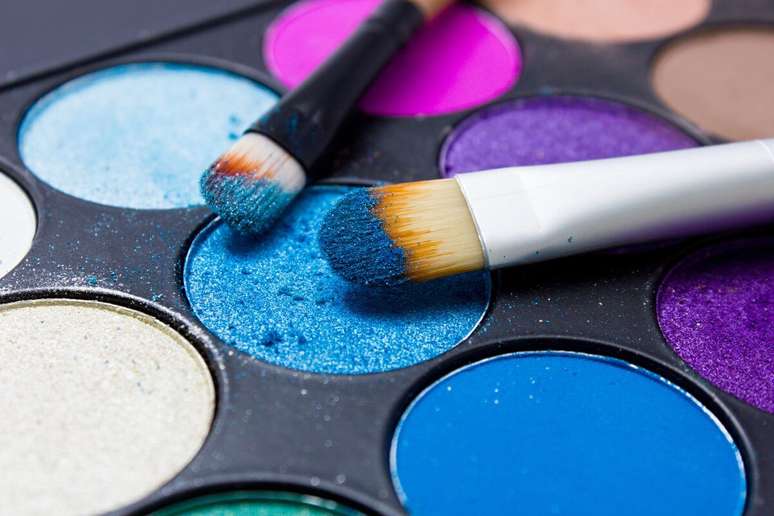An unwelcome “hygienic” habit can have drastic consequences on health, even neurological. And men would be more exposed, because, according to a survey, they pick up snot – or snot, mucus, burrié – much more frequently: “Get that finger out of your nose!”, is a warning that everyone has already heard very early in life. Mining boogers is a hobby that children often and unceremoniously engage in.
For them, it’s like thumb sucking, something you do when boredom strikes. Or for an exploratory spirit, to find out what is in the dark tunnels beyond the nostrils, and what can be extracted from there. Indeed, it is a perfectly natural activity, but one that also has its dangers.
The removal of dried nasal mucus — in the familiar parlance: snot, snot, mucus, or burrié — has been the subject of intermittent research. In a study published in October 2022 on the Nature platform, Australian scientists found in mice that exploration of the nasal passages can carry Chlamydia pneumoniae bacteria to the brain via the olfactory nerves.
Furthermore, they demonstrated a correlation between central nervous system infection with this pathogen and Alzheimer’s disease, because when chlamydia circulates in the body, brain cells react by producing the protein amyloid beta, which in certain concentrations is an indicator of the illness. neurodegenerative.
A delicate defense organ
Meanwhile, however, excessive nose picking has also been associated with other diseases. Numerous bacteria inhabit human hands, and practically no one disinfects a finger before sticking it into the nostril. If immunity is weakened and the mucous membrane is damaged, microbes can end up in the brain, causing bacterial meningitis. Typical symptoms are fever, headache, stiff neck, sensitivity to light and mental confusion.
This form of meningitis can also lead to complications such as brain damage, heart attack, seizures and hearing loss. In general, medical treatment is with intravenous antibiotics.
In the human upper nasal cavity there is a filigree structure, formed by 5 million to 10 million olfactory cells. The mucus filters pathogens and harmful substances from the air, such as pollen or dust, before they reach the respiratory organs, thus protecting against infections.
Also, mucus moistens the breathed air, preventing it from drying out. Bacteria and viruses are trapped in the nasal mucosa, to be subsequently transported out of the nose through the nasal hairs.
Pinching the nose too deeply, too long, or too aggressively can damage the delicate lining, resulting in lesions that not only bleed, but also break the septum. The consequence is a narrowing of the nasal passages, compromising breathing. Depending on the extent of the damage, a surgical solution, in the form of a septoplasty, is required.
Men are more arrogant
In rare cases, digital exploration of the nostrils can turn into obsessive-compulsive disorder that psychologists call rhinotilexomania. The (bad) habit becomes uncontrollable, manifesting itself mainly in situations of nervousness or insecurity. Therefore, constantly picking snot can also be an indication of mental problems.
As a rule, adults pick their nose when not being observed. In addition to the four walls of the house, a very popular crime scene is the car itself. While waiting for the light to turn green, many drivers take the opportunity to perform this questionable nasal hygiene.
But there’s a gender difference here: Men poop much more often (62%) than women (51%). This was at least the result of a question asked by the author Christoph Drösser for his book Wie wir Deutschen ticken (How we Germans work).
However, the hidden figure is perhaps much higher: after all, what adult can easily admit that, from time to time, an unsociable little finger or index finger gets lost up the nose?
Source: Terra
Rose James is a Gossipify movie and series reviewer known for her in-depth analysis and unique perspective on the latest releases. With a background in film studies, she provides engaging and informative reviews, and keeps readers up to date with industry trends and emerging talents.







